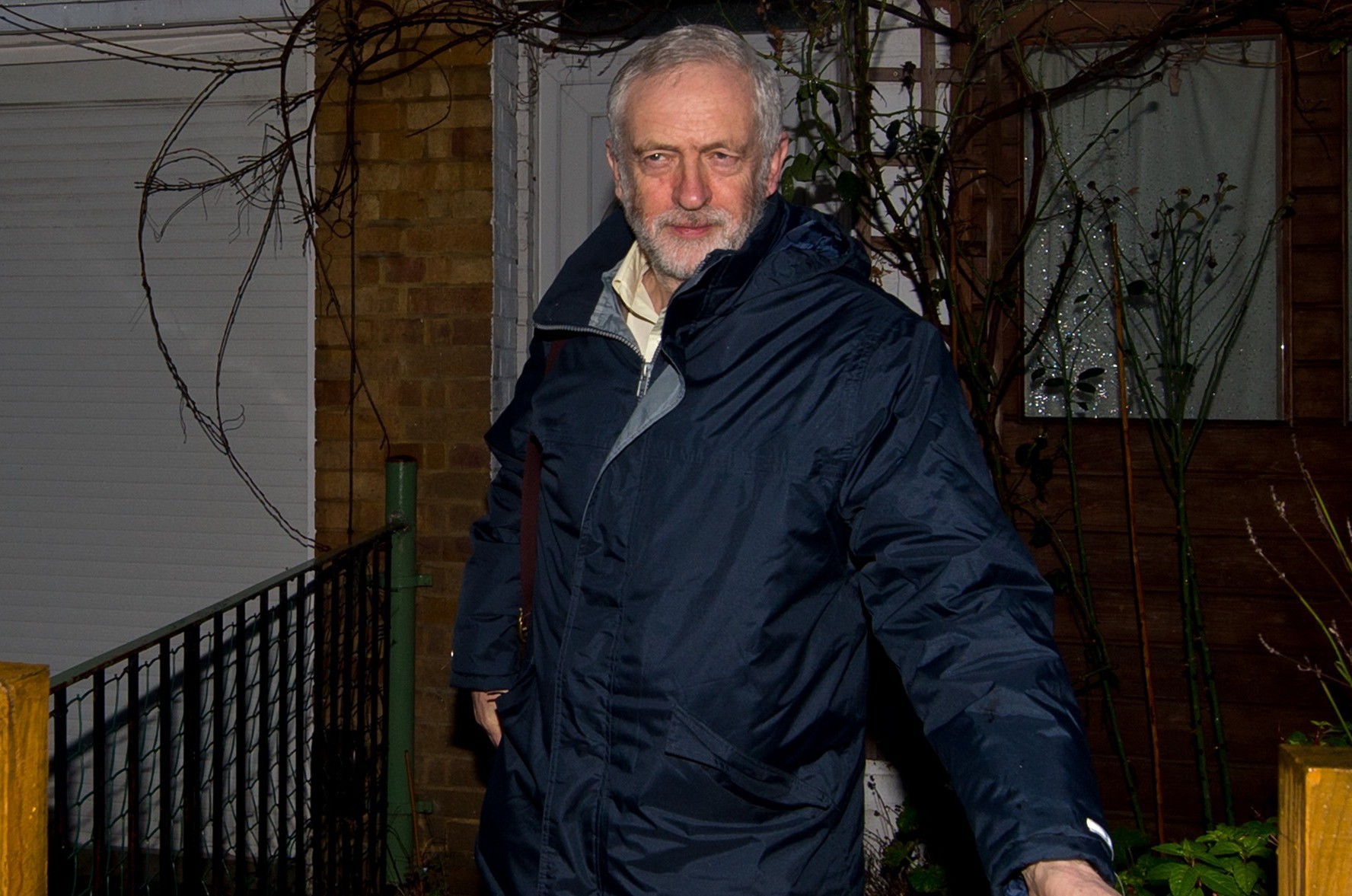
Like when Kylie Minogue’s Charlene character in Neighbours suddenly acquired a new friend –only for him to try to have an affair with her and promptly exit after a few episodes, never to be seen again.
The story arc served solely to show something more about the ongoing dynamics.
So it is with the political soap opera.
No affairs, at least no new ones, in the last week that we know about, but minor characters having a big impact on both sides.
The storyline currently attracting most viewers in Westminster is the the Labour leadership.
After two weeks of trailing that he was going to have a revenge reshuffle, in the event Jeremy Corbyn could only manage what he described as an “alteration”, which actually sounds more sinister when you think about it.
The reshuffle went on for days.
Corbyn told journalists it was like multi-dimensional chess. He didn’t add that he’d played it like someone yet to master Connect 4.
His pro-nuclear defence secretary got the push in favour of Emily Thornberry, the MP who had to resign from Ed Miliband’s team when she sneered at white van man and who admitted she’d no idea why Corbyn gave her the job.
But the men in the spotlight after being sacked were Michael Dugher and Pat McFadden.
Dugher was shadow culture spokesman but round Westminster he’s best known as one of Gordon Brown’s stooges, a street fighter never short of someone to drink with in Stranger’s Bar.
McFadden’s an entirely different character, he worked for Tony Blair rather than Brown for a start. He’s a wiry west coast Scot, expert at the political game.
It was McFadden’s dismissal from the Europe brief that led three more shadow ministers to resign in protest, demonstrating the gulf between Corbyn and his party.
He’s a leader entirely out of kilter with his MPs.
David Cameron might laugh, if he wasn’t in exactly the same boat.
For while Labour’s woes are ratcheting up the ratings among Westminster watchers there’s better drama to be had elsewhere.
More and more Tory MPs are clamouring for an exit vote in the forthcoming EU referendum.
From the looks of things that may put them at odds with the country but, more pertinently, the PM will campaign for Britain to stay in Europe come what may.
It became clear this week that he couldn’t persuade his cabinet to follow his lead.
Which begs a series of questions. Can he then hope to persuade the electorate at large? Or is it just that some of his ministers are pig- headed on the issue?
And if it’s the latter are they really fit to sit round the cabinet table?
The previously anonymous actors given prominence on the Tory side were Theresa Villiers and Chris Grayling. Both are expendable to Cameron and, unlike Dugher and McFadden for Corbyn, lack the nous to pose much threat from the backbenches. But together, and if they encouraged other more able fellow travellers aboard their bandwagon, he could have a problem.
Hence the PM announced Cabinet ministers could campaign how they like ahead of the EU vote, widely expected to take place in September.
The Tory story has an extra element making it the more gripping – power.
Villiers and Grayling, Dugher and McFadden may only have small parts in the future but, given their leaders are out of sync with their MPs, it’s hard to predict what their career trajectory may hold.
The likes of Russell Crowe, Ben Kingsley, Keira Knightley and Joanna Lumley all started out in soaps before becoming big stars.
In the volatile political atmosphere today’s bit parts could be tomorrow’s leading men and women.

Enjoy the convenience of having The Sunday Post delivered as a digital ePaper straight to your smartphone, tablet or computer.
Subscribe for only £5.49 a month and enjoy all the benefits of the printed paper as a digital replica.
Subscribe